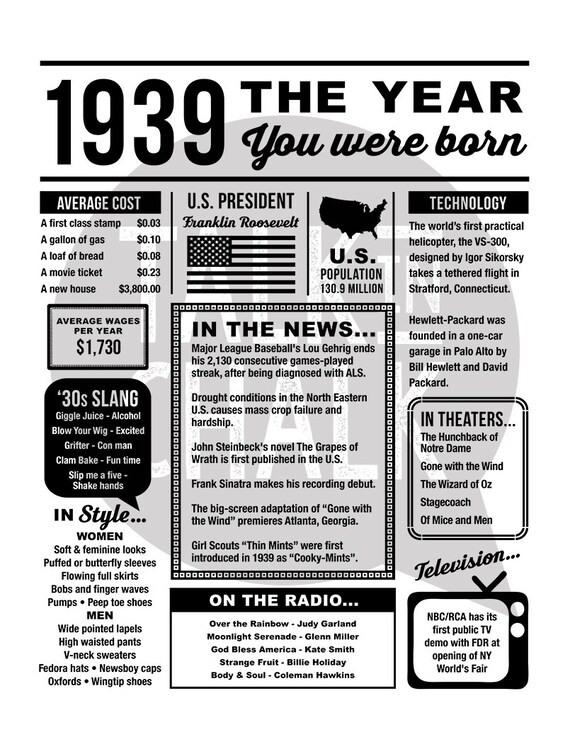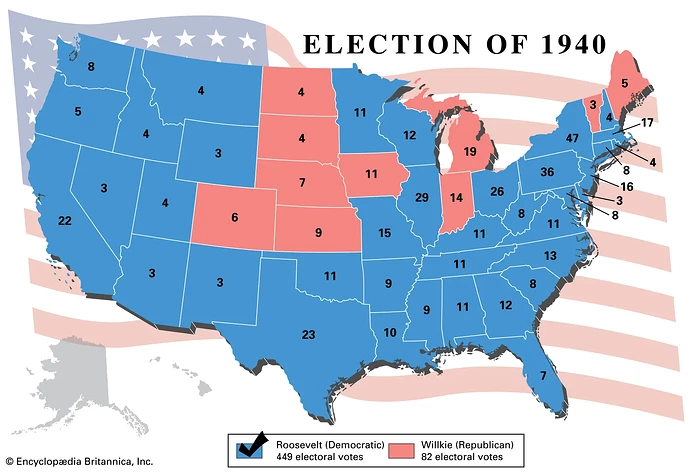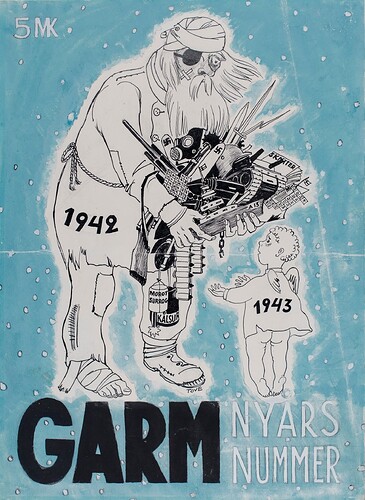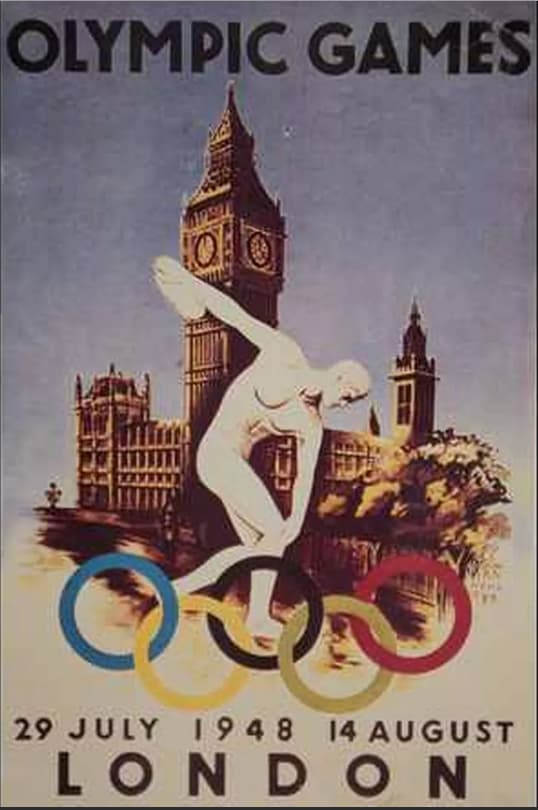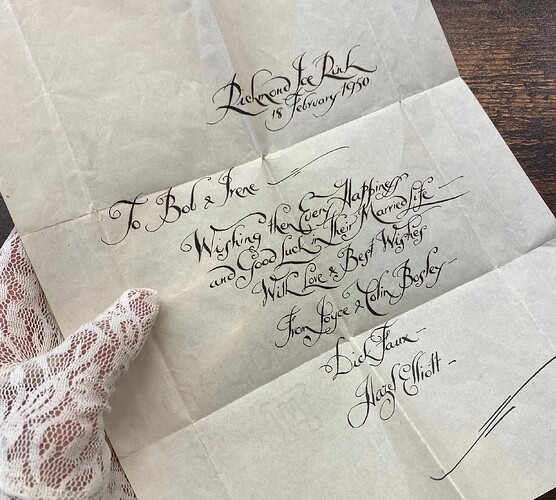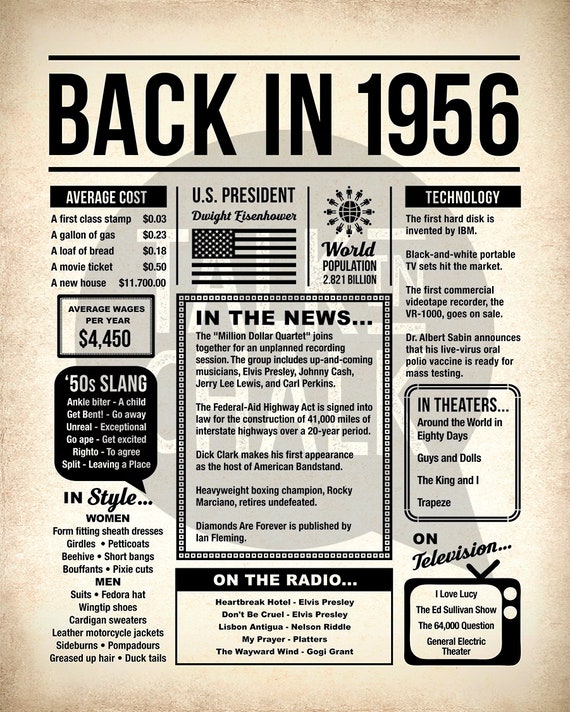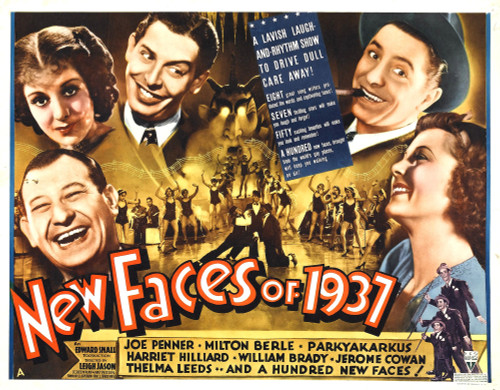
1938 — Why we have to be very observant today
Synopsis (machine translated because I'm being lazy)
“We not only need the memory of 1938, the years before and after, but also a courageous look forward. Freedom and democracy must also be defended today with courage and civil courage.” - Klaus von Dohnanyi
Why must we look closely today? Much of what happened in 1938 has become relevant again: refugee crisis, nationalism, racism, anti-Semitism, international power struggles, a resurgence of right-wing parties, fake news.
1938 marks a turning point, not just in the lives of many people here, but worldwide. Political decisions made in 1938 led to a large-scale conflict that erupted a year later. Hundreds of thousands fled in 1938, seeking protection from persecution, but no one was willing to take them in. Political agitators manipulated the population through smear campaigns and false reports, and unprecedented violence against the marginalized was silently tolerated or even welcomed. The aftermath of the looming catastrophe of 1938 is still felt today, and the ghosts called upon then are active again today.
Eyewitnesses, survivors, and their grandchildren share their stories in personal accounts, including Gabriel Bach, Walter Frankenstein, Ruth Rotem, August Zirner, Mirna Funk, Linda Rachel Sabiers, Monica Dugot, or Arye Sharuz Shalicar. Never-before-published documents, numerous photographs, and vivid design make the year 1938 tangible and highlight parallels that can become dangerous in times of resurgent nationalism. In this sense, this book is also a warning wake-up call.



